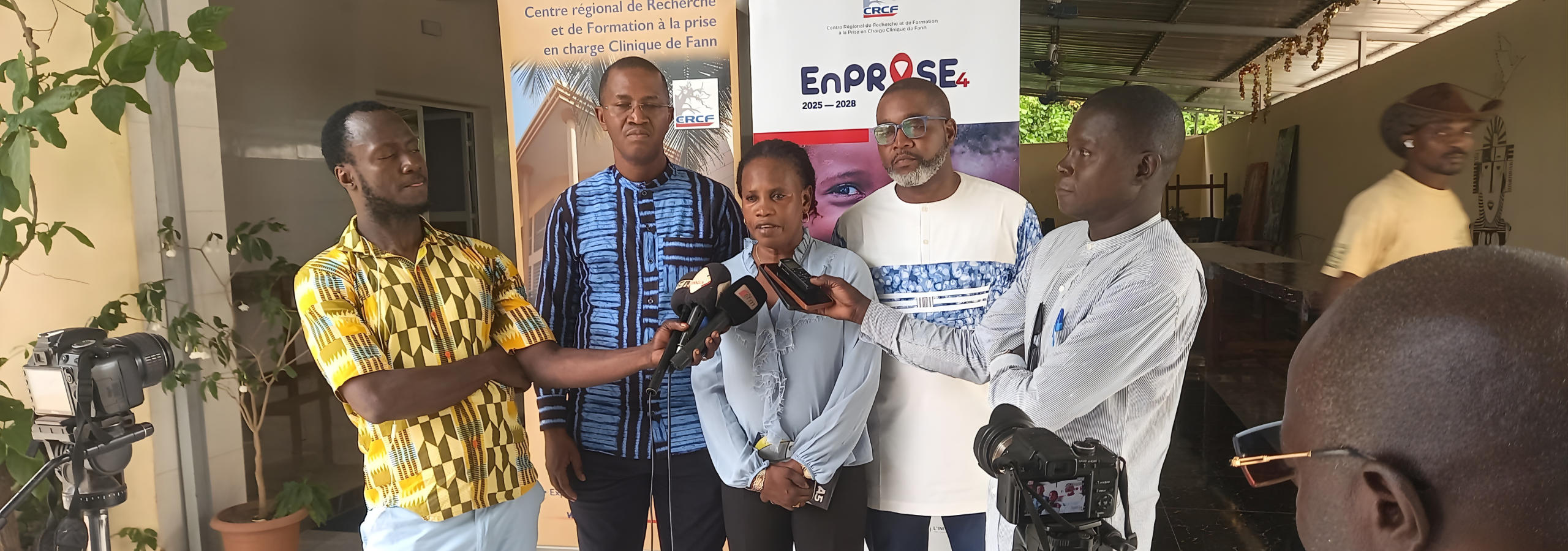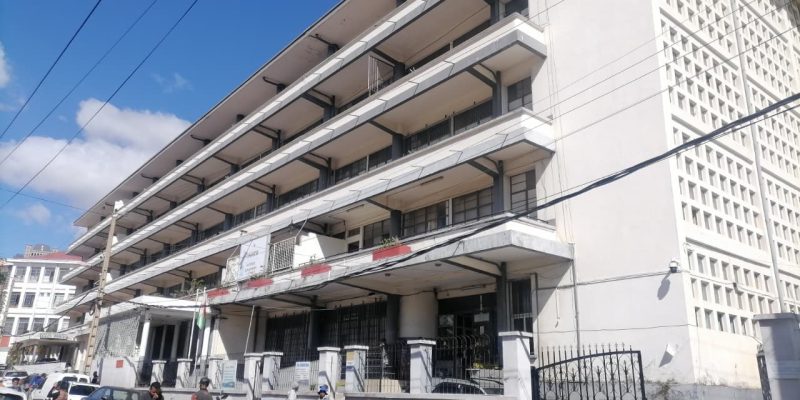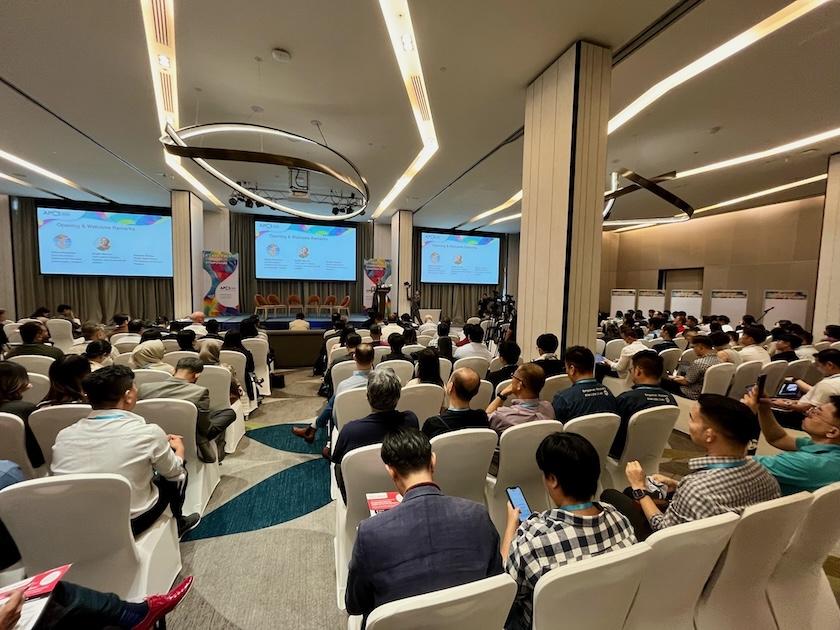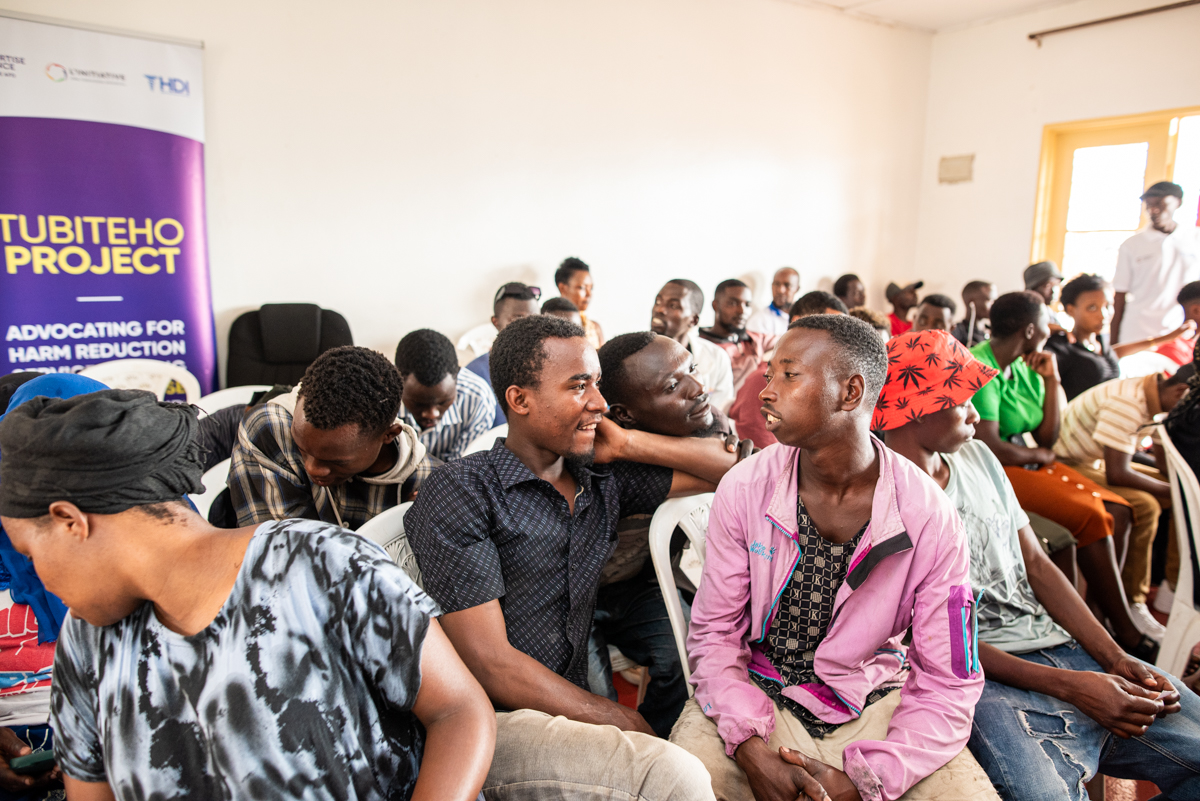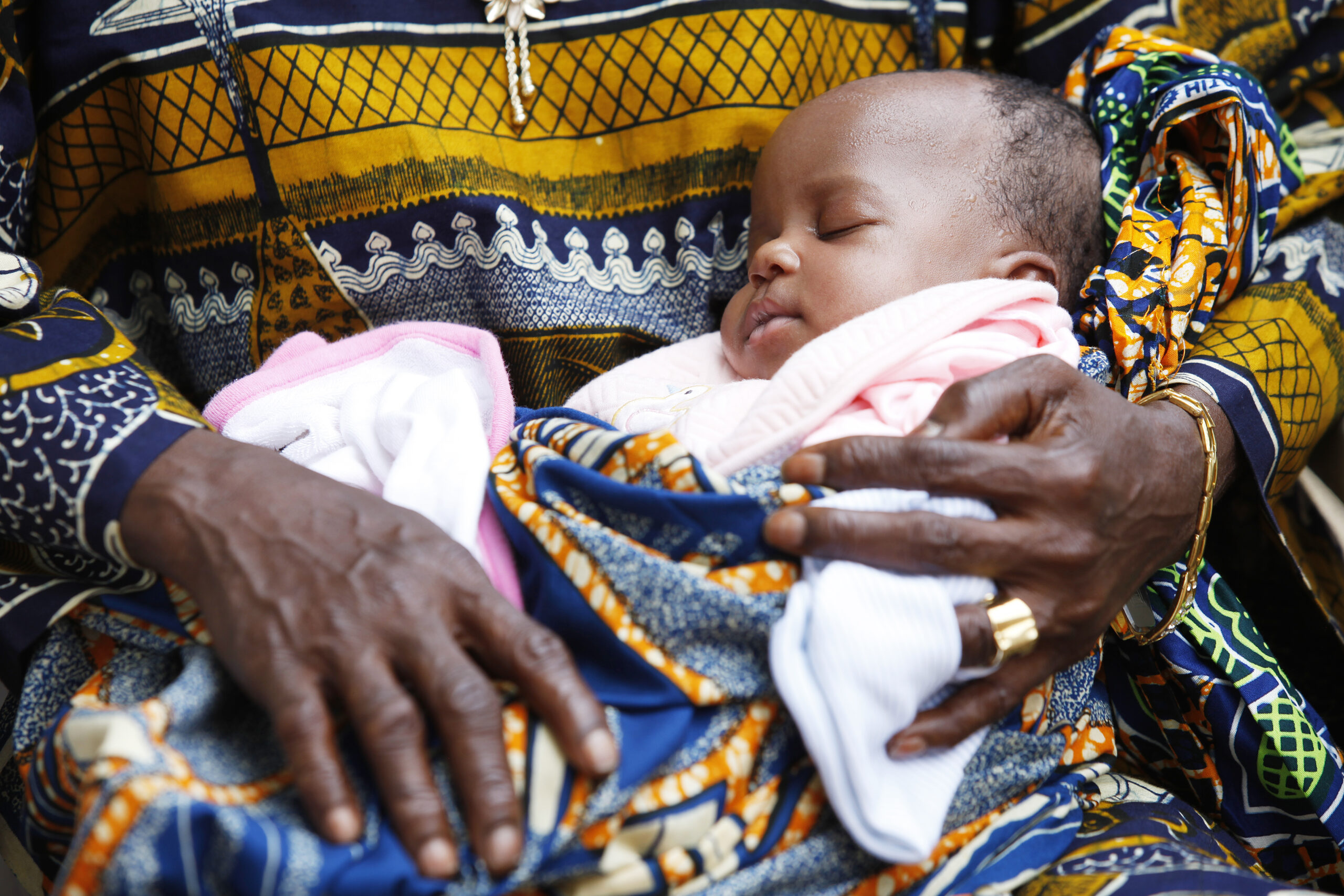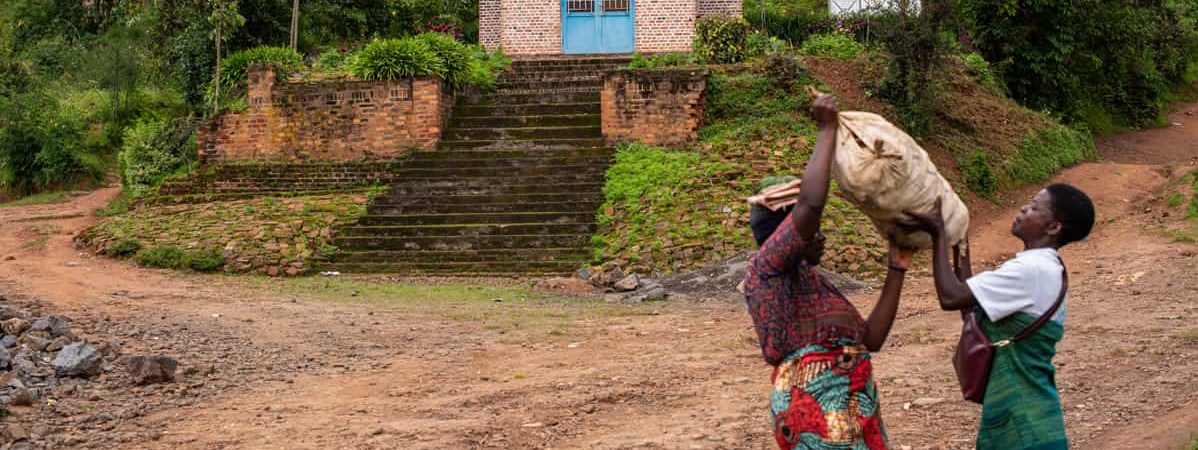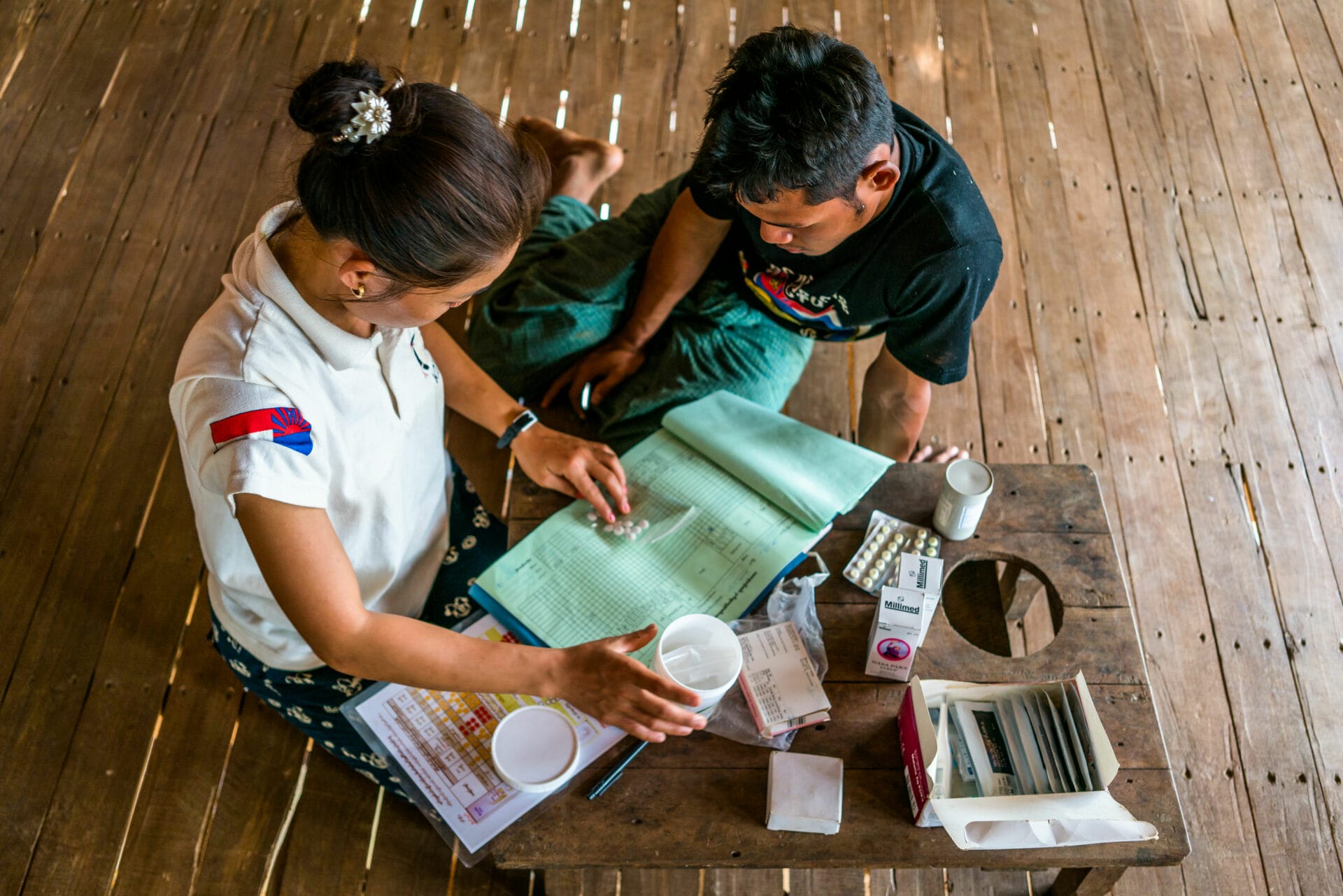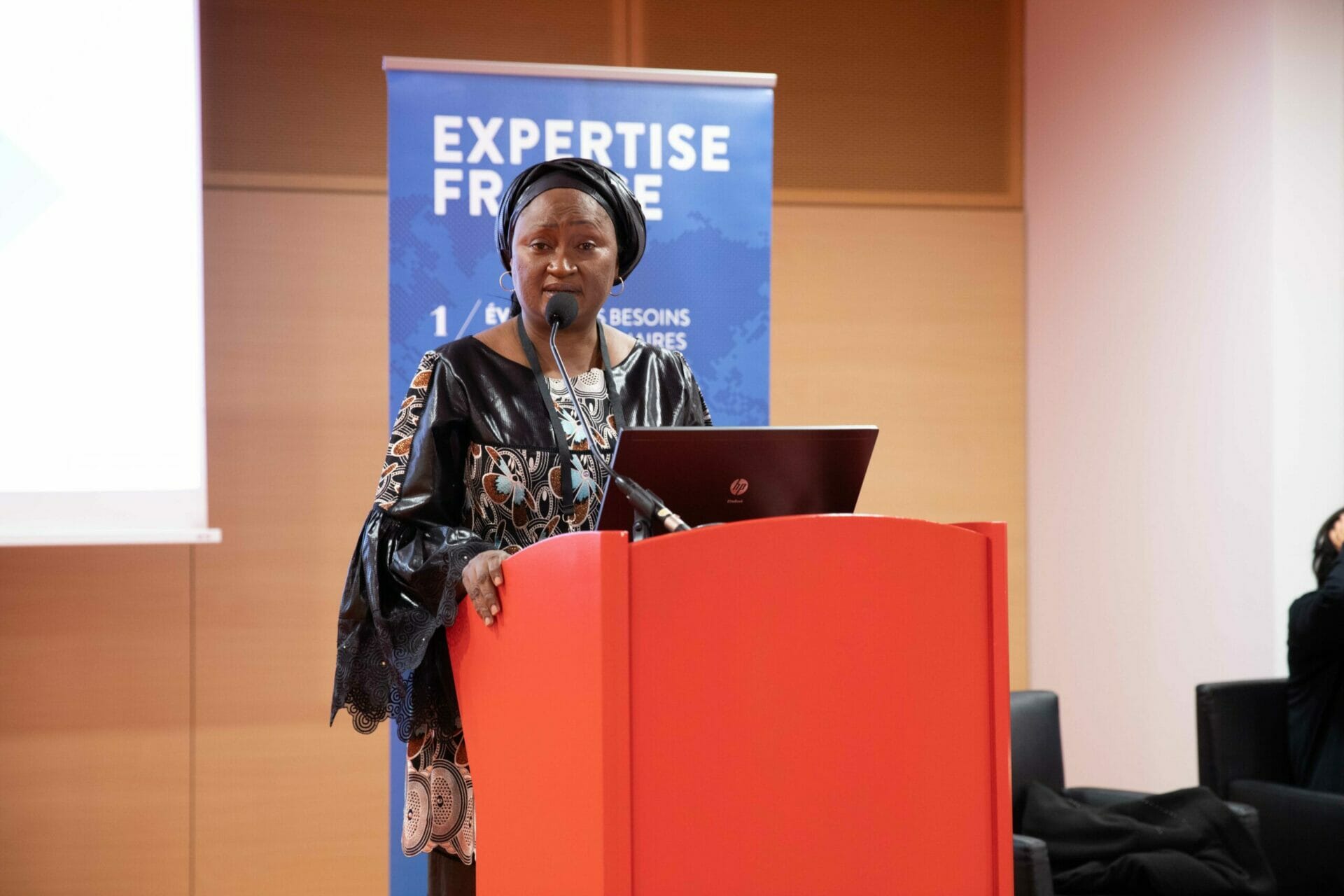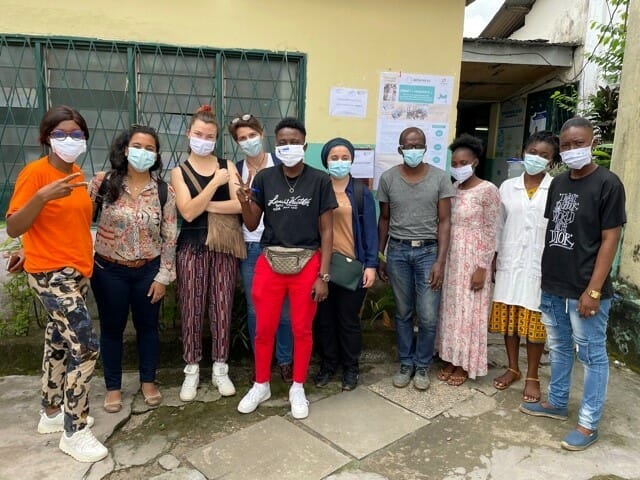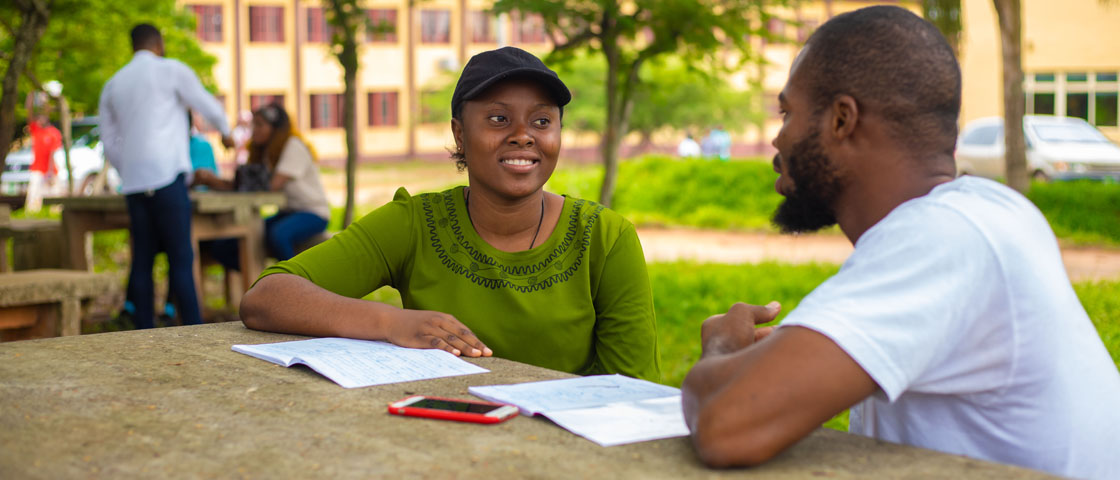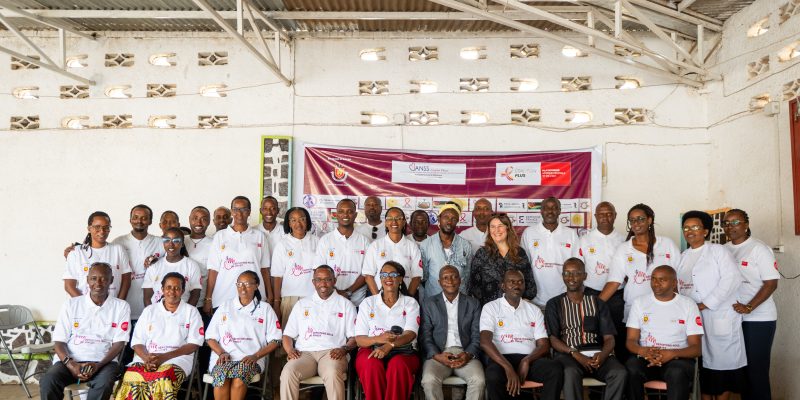EnPRISE 4 — For more humane, holistic paediatric HIV care
EnPRISE 4 continues a national momentum in favour of children and adolescents living with HIV in Senegal. After three initial phases focused on access to diagnosis and the decentralisation of paediatric care, this fourth stage places psychosocial support at the heart of the action — with a particular emphasis on adolescent girls — and includes operational research on the transition to dolutegravir (DTG). The aim is to combine biomedical effectiveness with social support to improve adherence, retention and the overall health of young people.
Can you briefly present the project and its ambitions?
Mame Birame NIANG: I am Mame Birame NIANG, Project Manager for EnPRISE 4. Our aim is to strengthen the psychosocial care of children and adolescents living with HIV, taking their specific needs into account. While the previous phases established clinical and logistical foundations, EnPRISE 4 seeks to provide the human support necessary so that medical gains translate into better lives.
Dr Karim DIOP: I am Dr Karim Diop, Secretary General of the CRCF and Project Coordinator. EnPRISE 4 is not a break with what came before but an intensification: it complements medical care with structured psychosocial interventions and with research evaluating the impact of the transition to DTG among young people.
EnPRISE 4 extends phases 1–3, supported by L’Initiative – Expertise France — can you explain?
Mame Birame NIANG: EnPRISE 1 broadened access to viral load testing at decentralised level — a turning point, since previously barely 2% of children had access. EnPRISE 2 consolidated follow-up in the South and South-East regions, while EnPRISE 3 extended decentralisation to nine regions: strengthening regional hubs, technical platforms and staff training. EnPRISE 4 applies these gains nationally (14 regions) and adds the psychosocial component, empowerment of local actors and increased focus on adolescent girls. The project targets 2,300 children and adolescents (0–19 years).
Dr Karim DIOP: These phases show a clear progression: first secure diagnosis and access to care; then build regional capacities; and finally complement clinical care with social support to consolidate virological and social outcomes.
What concrete innovations does EnPRISE 4 bring?
Dr Karim DIOP: The major innovation is the systematic integration of psychosocial support: therapeutic education, disclosure counselling, tutoring and mentorship schemes for orphans, socio-economic support and reimbursement of transport costs. We are also conducting operational research on shifting paediatric regimens to DTG to measure clinical impact and identify adherence drivers.
Mame Birame NIANG: We are also introducing measures specifically for adolescent girls: hygiene kits, sexual and reproductive health training, support for school attendance and coverage of school fees or vocational training costs to reduce economic vulnerability.
Why is DTG a hope for children and adolescents?
Dr Karim DIOP: Dolutegravir is recommended by WHO for its efficacy, tolerability and high resistance barrier. For young people it offers faster and more durable viral suppression, which is crucial when adherence can be fragile. Our study on the DTG transition aims to document these benefits and anticipate constraints (logistics, supply and transition support).
Mame Birame NIANG: The challenge is twofold: improve clinical outcomes and remove access barriers — financial and geographical — that prevent children in hard-to-reach areas from benefiting.
What impact evidence and early data can you share?
Mame Birame NIANG: EnPRISE 3 supported 1,611 children and trained 596 health workers. Nine regional reference hubs were created and now manage paediatric responses at regional level — a solid foundation for broadly achieving the 3×95 targets.
Dr Karim DIOP: At regional launches, the reception showed strong demand for the psychosocial approach: schools, social services and parents want children living with HIV to be able to study and grow without stigma. Practically, measures such as transport reimbursement and tutoring are expected to improve retention.
Operationally, what steps are planned in the coming months?
Dr Karim DIOP: In the short term, we are organising training of trainers, which will precede regional sessions. The aim is to have trained focal points in each region.
Mame Birame NIANG: With the planning completed, we are progressively rolling out local activities: support groups, disclosure processes, tutoring and socio-economic support schemes. Local ownership by stakeholders remains our compass to ensure sustainability.
In conclusion — what changes do you expect?
Mame Birame NIANG: We want every child living with HIV to have, in addition to an adapted treatment, a support network that enables them to maintain that treatment long term — health, schooling and dignity.
Dr Karim DIOP: By combining biomedical care and psychosocial support, EnPRISE 4 aims to transform technical results (viral load) into life pathways: retention in care, educational success and social empowerment.
